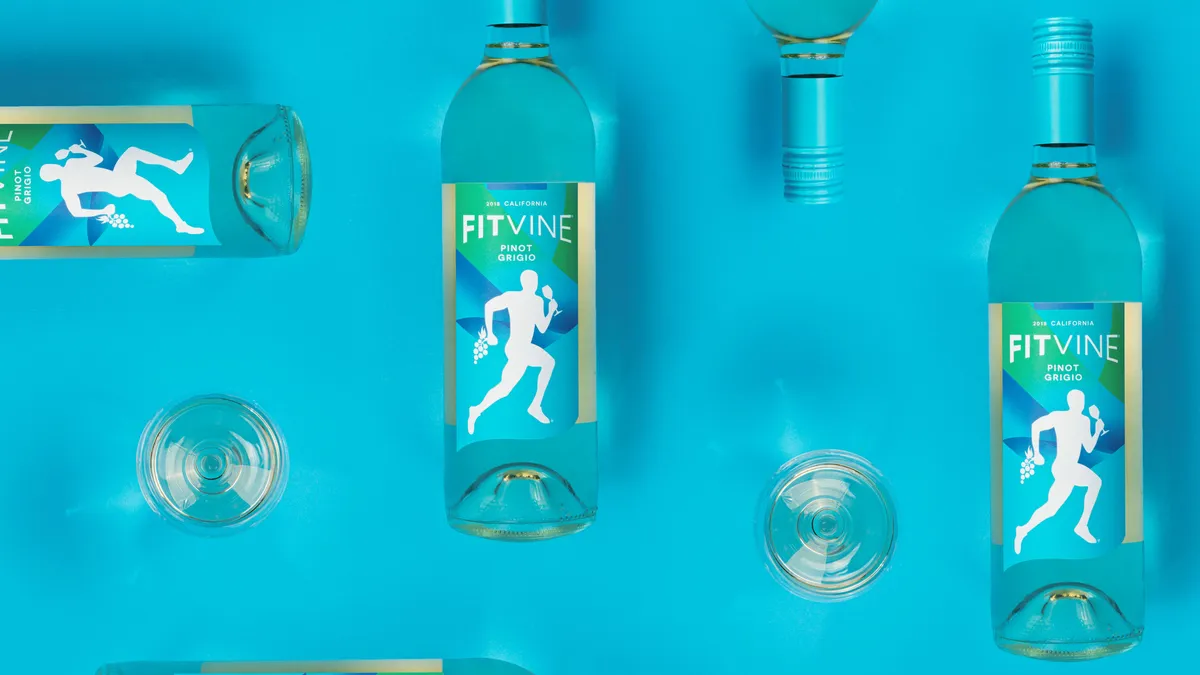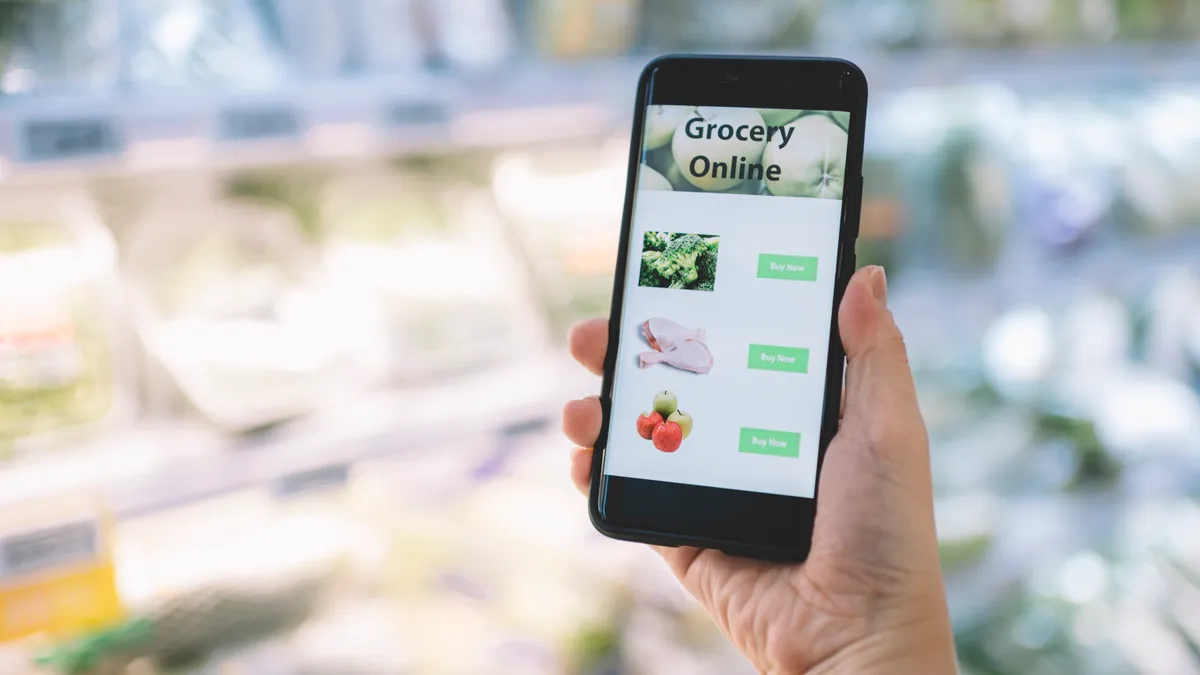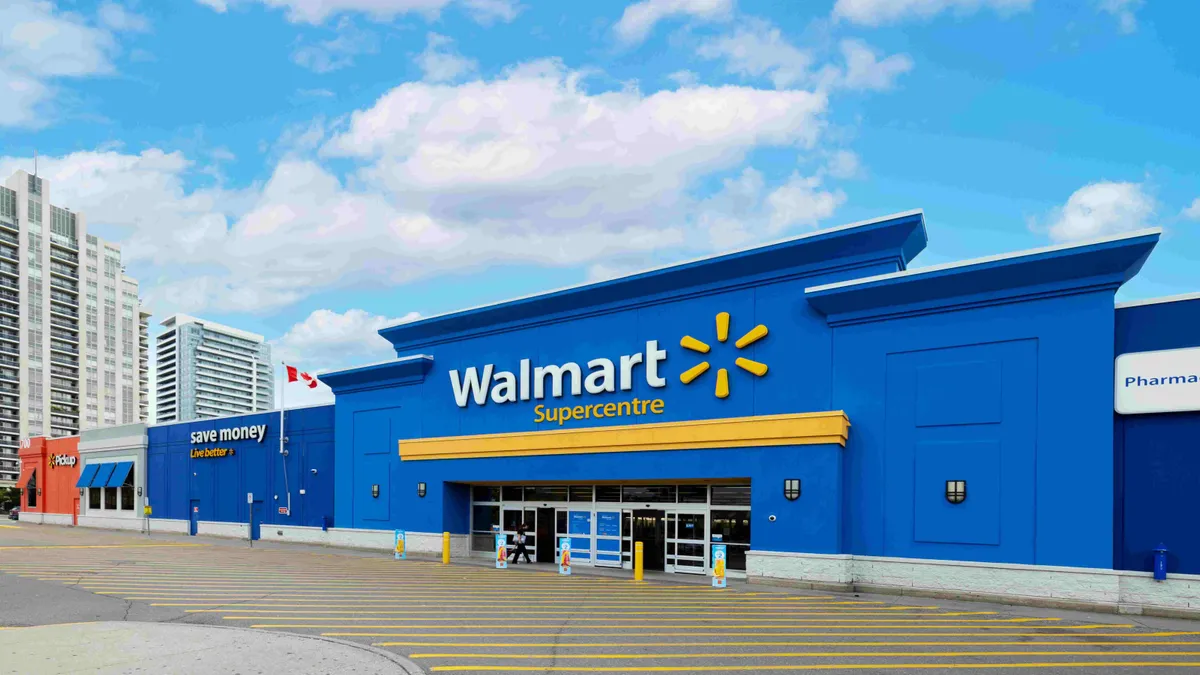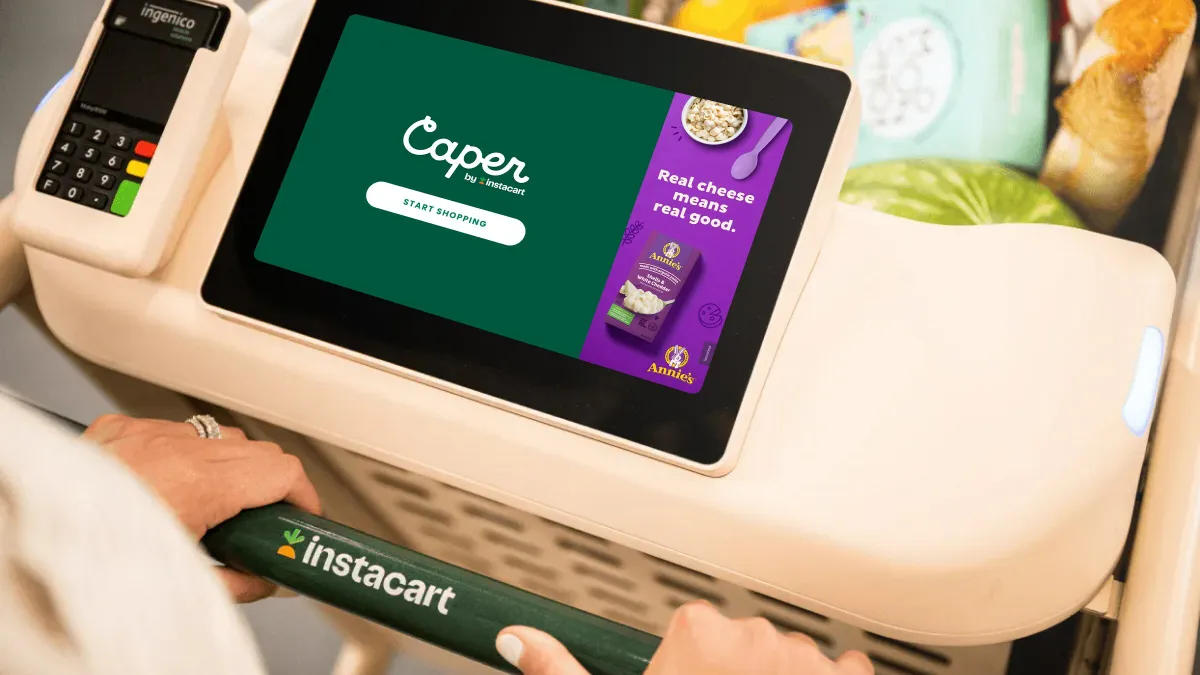Mark Warren loves wine. But those two unopened bottles of a $200 cabernet sauvignon from Napa Valley that a business associate gave him — the kind served in fancy steakhouses — he couldn't wait to get rid of them.
For Warren, the sips were too sweet and gave him a "massive headache." The experience motivated him to co-found FitVine, a wine maker whose offerings have less than one-third of the sugar and the same alcohol by volume as traditional options. Today, FitVine's rosé, chardonnay, pinot grigio, prosecco and sauvignon blanc have helped turn the 5-year-old California company into one of the country's fastest-growing brands of alcohol and the top-growing wine brand, according to data provided by Nielsen.
"We didn't invent the wheel, but Gallo or Constellation or The Wine Group — they can't make wine the way we do," said Warren, a former tech entrepreneur. "We're not just putting a flag in the better-for-you category. It's really being able to take shelf space away from brands that have been around for 20 years and either they don't grow or are flat, or are down half a point every year."
U.S. wine sales remain incredibly strong with retail sales totaling $75.1 billion in 2019, according to the Wine Institute. Still, there are signs the boom may be losing momentum. Last January, IWSR Drinks Market Analysis found U.S. wine consumption decreased in 2019 for the first time in 25 years, posting a 0.8% volume loss from the year prior.
Warren and FitVine co-founder Tom Beaton launched their wine, which typically retails for about $15 per bottle, after participating in races, where they would find beer and occasionally spirits at the finish line. At the time, millennials had just surpassed baby boomers as the largest consumer of wine, and many of them were on the lookout for a clean-label product that tasted good and was affordable.
Initially, FitVine targeted athletes and other fitness buffs. But the company soon found there was interest among average consumers who may not be working out or going to the gym, but were looking to improve their health. The two co-founders "went everywhere and anywhere someone would let us pour wine," Warren said.
"The category, we felt, wasn't very innovative," he added — "kind of stuffy" even. They sensed a difference between the people who liked to collect $25 wines and those individuals who were less knowledgeable or indifferent and were more likely to spend less than $20 for a bottle.
FitVine initially sold online to more than 40 states before the company got a call in 2016 from Whole Foods, which wanted to test the product at its stores in four states. The wines ended up selling so well that FitVine rolled out to Whole Foods stores in 42 states before the end of the year. The brand has since expanded into other retailers, including Walmart, Kroger, Publix and Albertsons. It is now in more than 20,000 retail locations across the U.S.
FitVine is more than doubling its production nearly every year. After making 10,000 cases in 2016, the company expects to sell more than 400,000 cases in 2020 and another 800,000 in 2021, before topping 1 million cases in 2022.
"At some point when we really have a brand, a stable big player, do we expand into something else? We’d love to do so but doing so too early with any kind of brand, once you start spreading out your tentacles you can pretty quickly go in the wrong direction."

Mark Warren
Co-founder, FitVine
Warren said the company is grabbing market share from other healthier wines with less alcohol or sugar, as well as many of the mainstream offerings. But the better-for-you space, in particular, is becoming increasingly crowded. He pointed to Avaline, a "clean" wine launched by actress Cameron Diaz that costs around $25 and has about the same amount of alcohol per volume as FitVine. Constellation Brands, best known for its beers like Modelo and Corona, offers the low-alcohol Kim Crawford Illuminate brand, while The Wine Group's version is Cupcake LightHearted. Both are low alcohol and still have higher sugar content than FitVine, according to the company.
The challenge for winemakers is creating a low-sugar offering that is also low in alcohol, Warren said. Oftentimes they mask the low alcohol content with added sugar or other artificial flavorings. There also isn't much incentive to create a low-sugar, low-alcohol option because traditional winemakers might think it would cannibalize sales of their traditional wines, he added.
"Eventually, one of them will get it right. They'll throw a bunch of stuff against the wall and eventually, something will stick," Warren said. "So, yes, we want to take market share away from the traditional [wine] category, but we want to be so far ahead in the better-for-you [segment] that when it does stick, we're White Claw."
Nielsen reported in June that the hard seltzer market is dominated by Mark Anthony Brands' White Claw and Truly, owned by Boston Beer, with a combined market share of roughly 75%. Both brands debuted in 2016 but White Claw got an early jump, and today spends $15 million annually in marketing compared to Truly's $100 million, Warren said. To grab an early lead of its own, FitVine plans to spend $100 million during the next five years on marketing.
Warren said FitVine hasn't ruled out expanding into spirits or a nonalcoholic offering in the next five years, but for now plans to keep its focus on wine.
"At some point when we really have a brand, a stable big player, do we expand into something else? We’d love to do so," he said. "But doing so too early with any kind of brand, once you start spreading out your tentacles you can pretty quickly go in the wrong direction."





















